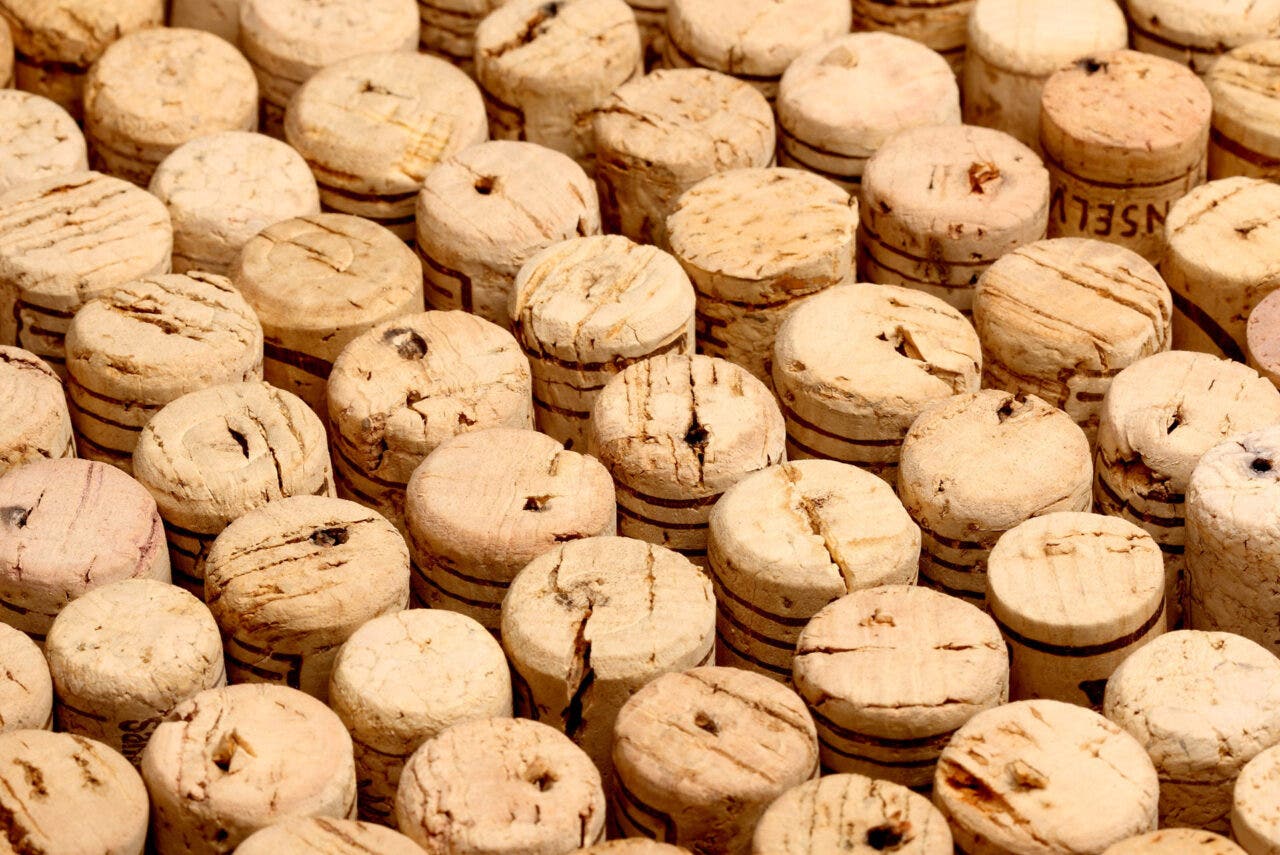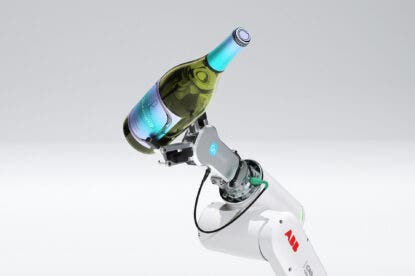Cayuse Vineyards, the Oregon winery that sells all of its wine via its mailing list as futures, akin to Bordeaux’s classified growths, announced that it would not be releasing more than half of its 2015 vintage due to “faulty corks.”
Owner and Vigneron Christophe Baron, in a phone call to Wine Enthusiast on Thursday, said he could not release the name of the corks’ producer or supplier “at this time.” He said that his insurance company was in contact with both parties. Beyond that, Baron commented, “I can’t go beyond what is in the statement.” (See full statement below.)
Earlier this year, while Cayuse prepared for the May bottling of many of their 2015 varieties, they discovered paraffin particulates caused by faulty corks. The 2015 wines that were bottled much earlier in August 2016 or much later in July 2017 are fine.
Representatives from APCOR, the Portuguese Cork Association, had just finished their U.S. tour touting a self-funded study from England that showed consumers preferred wines with cork stoppers over screwcaps.
Oxford University Professor Charles Spence said, when discussing the limitations of his study for APCOR, “Cork stop bottles are great, but also one of the worst bits of design packaging ever created, in that they are susceptible to cork taint, which maybe should be factored in.” He added that screwcap closures can also be subject to taint, and he believes rates to be decreasing overall.
Cork’s share of the global wine market dropped from around 96 percent to 65 percent in the early 2000’s, but has stabilized at 70 percent market share since 2010, APCOR said.
Still, this market drop could speak to a global cork issue. In fact, cork companies are paying attention, and some have even developed a technology to reduce faulty cork issues.
France-based cork company, DIAM Bouchage—which is owned by Oeneo—claims to have found the answer to cork taint with their closure technology, with which producers have long struggled. Their Diamont procedure uses CO2 extracts to help remove TCA, and the ground-up mixture is then molded and steamed to specific dimensions. The company recently announced a shift to beeswax emulsion and a vegetable-based binder in a bid to become more eco-friendly. It is in the midst of arranging for members of the wine media to spend part of November at its facilities in France to raise awareness of their efforts.
DIAM clients include top Champagne Houses likes Laurent-Perrier and Moët & Chandon. It manufactures 1.5 billion closures and controls about 9 percent of the wine enclosure market.
Like APCOR, DIAM has used self-funded studies. In DIAM’s case, they found consumers did not perceive a significant difference between DIAM and classic cork.
Both concerns are competing for shares of the growing premium wine market sector. Right now, DIAM offers units at 10 cents for a two-year cork and up to 85 cents for a cork guaranteed to last 30 years. By contrast, APCOR says that cork stoppers range in price from 3 cents to $2 per unit. DIAM guarantees that its corks are truly TCA-free, said François Margot, the company’s North American sales manager.
Both DIAM and APCOR declined to comment on the corking debacle that struck Cayuse.
What follows is the email Cayuse sent its customers on Thursday:
Since 1997, we at Cayuse Vineyards have been dedicated to creating world-class wines. We are committed to biodynamic farming and our mission is to produce wine that is the best possible representation of our unique terroir. We simply will not release a wine that doesn’t meet our rigorous standards.
Earlier this year, in preparation for the May bottling of many of our 2015 wines, we purchased the highest quality corks from our long time supplier. Despite taking every possible step to ensure that we are crafting the best wines possible, during bottling we discovered paraffin particulates caused by faulty corks.
We stopped bottling immediately and we contacted the cork supplier right away. They told us they knew what the problem was with the first lot of corks and they assured us we could proceed with bottling the rest of the wines using a second separate lot of corks.
After bottling, we checked periodically to be certain there were no problems and to see how the wines were developing. When we discovered the presence of paraffin and an oily film in the wines bottled with the second lot of corks we decided to bring in industry experts to help analyze the wines. Their analysis included a Military-Style Protocol Sampling which confirmed the entire bottling was defective. We agree with the conclusions of the experts and as a result we will not be releasing any of the wines from our May bottling.
We have been working diligently with our insurance company to ensure that each customer receives a full refund for the following wines as soon as possible:
2015 Bionic Frog Syrah
2015 Cailloux Vineyard Syrah
2015 Camaspelo
2015 En Cerise Vineyard Syrah
2015 En Chamberlin Vineyard Syrah
2015 Flying Pig
2015 Impulsivo Tempranillo
2015 Wallah Wallah Special Syrah #8 Magnums
2015 Widowmaker Cabernet Sauvignon
We are devastated at the loss of these wines which includes 2,995 cases (750ml) and 2,678 magnums. As you all know, there is considerable anticipation for the 2015 vintage from Cayuse Vineyards and the wines were outstanding prior to that bottling in May. In March, just two months before that bottling, Jeb Dunnuck of The Wine Advocate tasted barrel samples of these wines and scored them between 93 and 100 points. We are extremely disappointed to have produced such beautiful wines that we are now unable to release.
Not all is lost. The rest of the 2015 vintage (bottled in August 2016 and July 2017) remains pristine. The following wines will be distributed, as planned:
2015 Edith Grenache Rosé
2015 Cailloux Vineyard Viognier
2015 God Only Knows Grenache
2015 Armada Vineyard Syrah
2015 The Lovers
Cayuse Vineyards is passionately committed to creating world-class wines. We thank each of you for your ongoing loyalty, support and understanding. We know that you share our disappointment. Obviously this was beyond our control and we’re very sorry.
We really appreciate your ongoing trust.
In Vino Veritas.
Christophe Baron
Published: October 27, 2017















